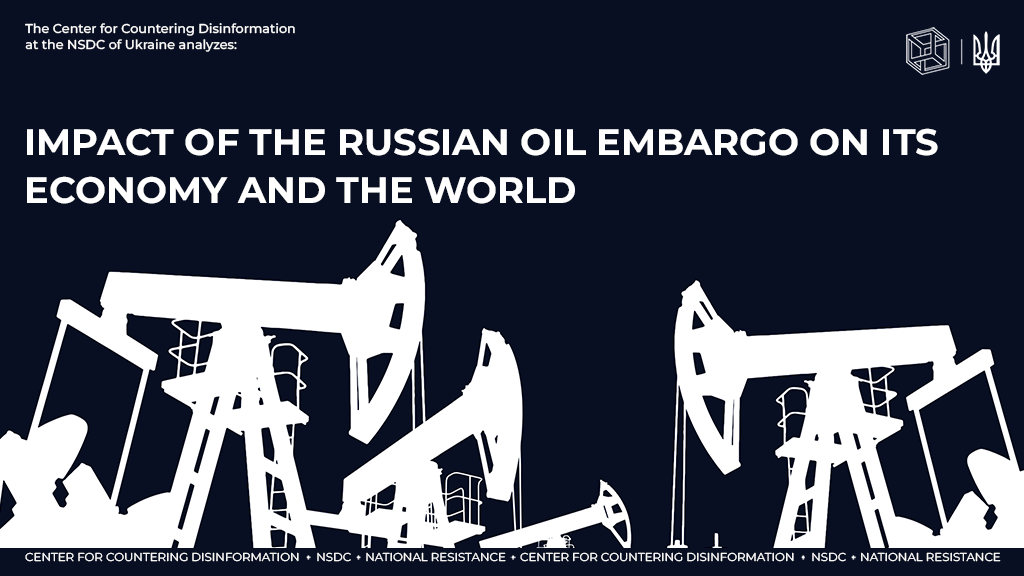How will the russian oil embargo have an impact on the economy of all countries as a whole?
The importance of the oil embargo in the sixth package of EU sanctions consists of the sanctions relating to truly basic indicators of the russian economy.
Recently, world oil prices reached a 14-year high.
Through excessive exporters’ profits and raw material producers, tax revenues to the russian budget have increased by a third.
Russia’s oil and gas export revenues could reach $321 billion in 2022.
In March, daily russia’s oil production was 11 million barrels. Since more and more customers refuse russian oil, production is expected to fall by up to 8 million barrels per day.
It is almost impossible within a short time to direct the supply of lost oil production to other regions because the majority of russian oil exports are carried out by pipelines.
While changing the logistics of oil supply requires significant investment in new pipelines, port infrastructure, tanker fleets, and so on.
The EU pays russia $700-800 million daily for oil. All previous trade sanctions cover only a fifth of EU imports from russia.
In case of the EU imposing an oil embargo, russia will lose a quarter of its state budget revenue.
Nevertheless, current global oil prices with significant discounts for India and China still exceed the needs of the russian budget. Some expert estimates show that even if oil prices collapse to $44 per barrel, the russian economy can still stand it.
The European consensus on an oil embargo requires consideration of more complicated factors. In particular, Slovakia and Hungary are cut off from the European pipeline system and exclusively receive oil from russia.
Therefore, it is expected that the oil embargo will have a transitional period of 6 to 8 months. However, Slovakia, Hungary, and the Czech Republic have been gotten a 32-month grace period. Cyprus and Greece have a significant tanker fleet. They export raw materials from Russian ports and have tripled their share in the transportation of russian oil compared to last year. That’s why they exclude the ban on the transport of russian oil by European vessels to third countries.
The prohibition imposed on European companies to insure ships carrying russian oil could reduce the volume of exports of raw materials not only to Europe but also to Asia, as EU companies insure most of the world’s oil trade.
However, the substitution of russian oil on the European market is possible, although it will lead to higher prices for oil products. In the short term, it will be difficult to compensate the lack of Russian oil because of insufficient extraction in other countries and underdeveloped logistics infrastructure.
Huge oil revenues to the russian budget and successes of hybrid power pressure have led to putin’s ambitions and the growth of russia’s aggressive geopolitical behavior. The years of enrichment of the russian power elite on raw material exports and energy supply have led to a virtual lack of alternative ways of development for russia.
In accordance with the first law of petrology, authoritarian regimes begin to behave aggressively in both internal and external processes when oil prices are high, while they allow liberalization to attract new knowledge, technology, and investment when oil prices are low.
Therefore, the oil embargo will have not only economic impacts but also contribute to the gradual political downfall of putin’s regime.










